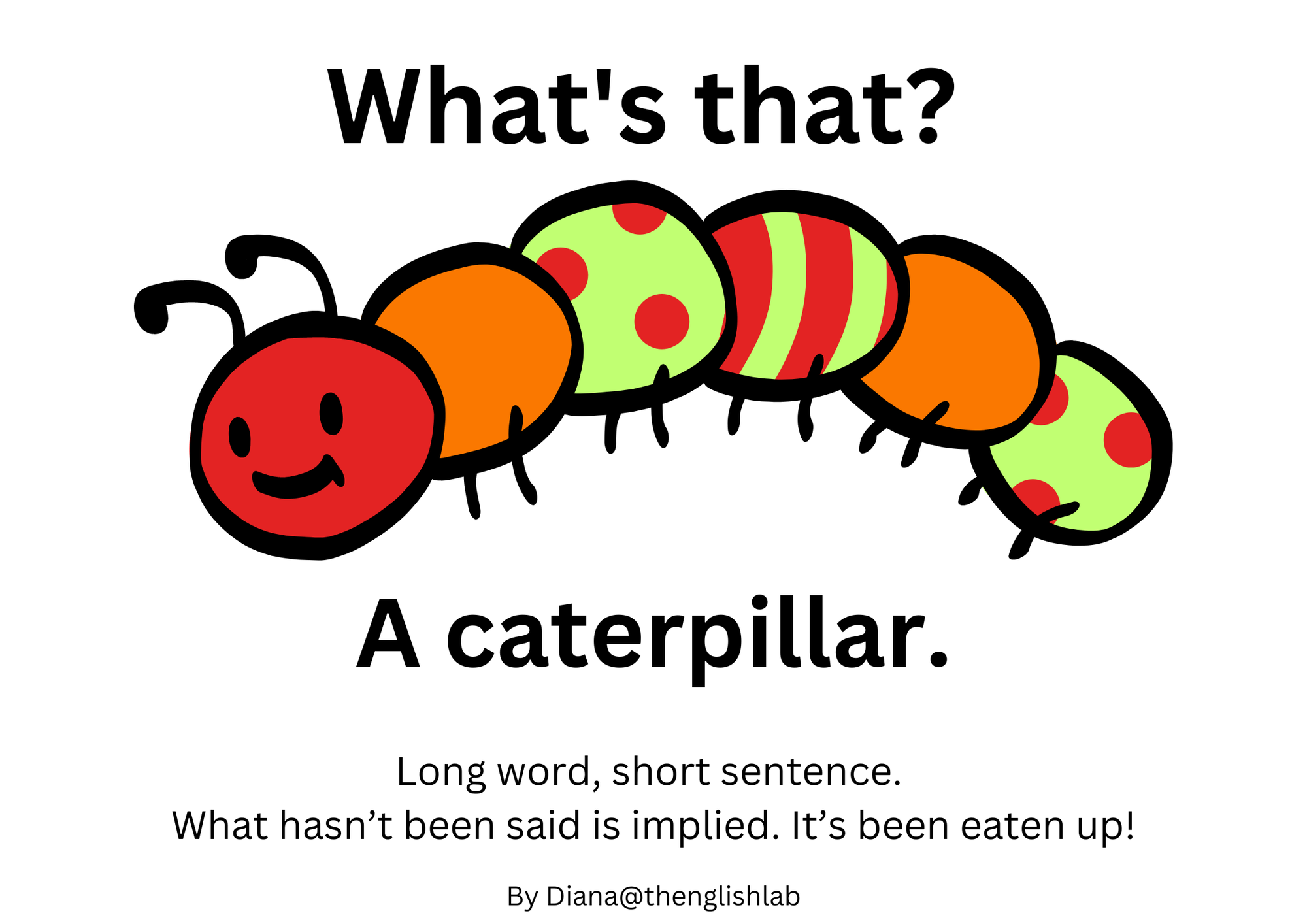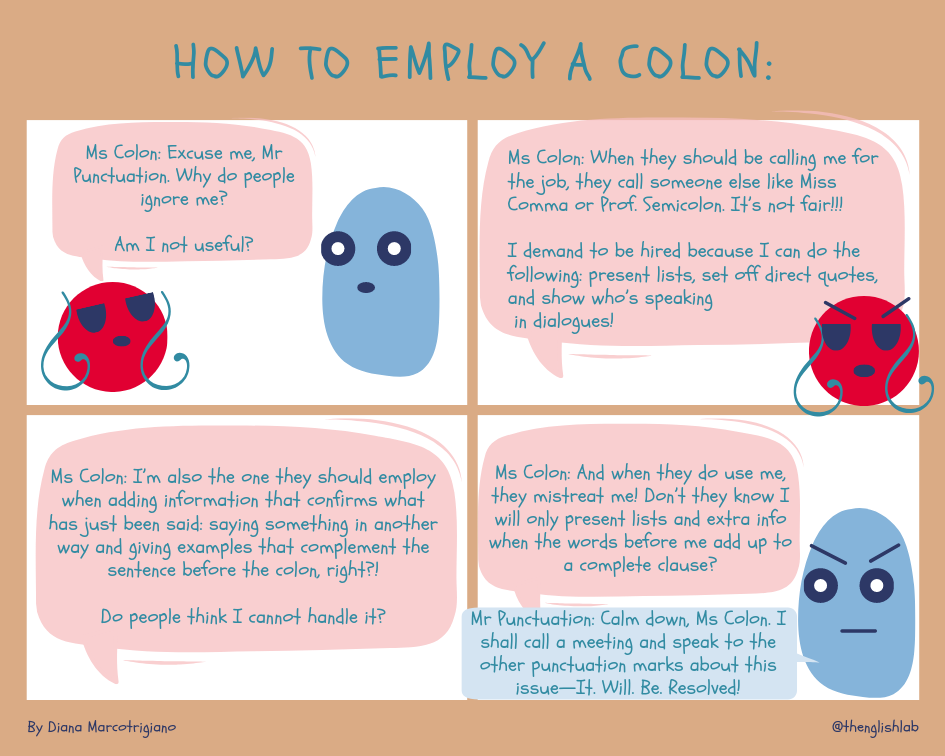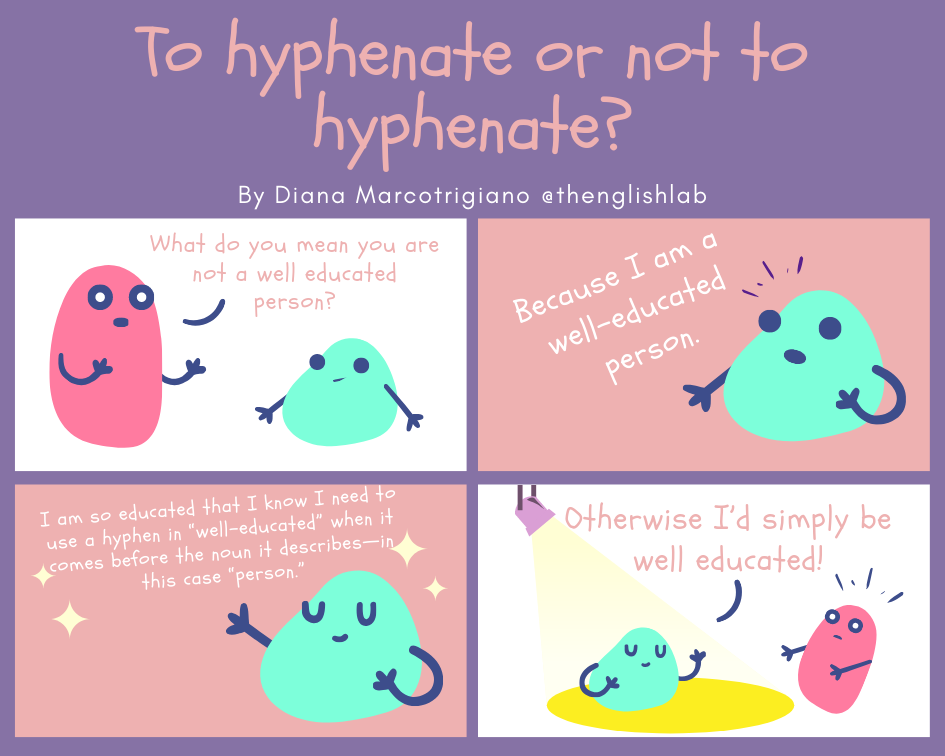Punctuation
Punctuation · 28 March 2023
Is this response too short to be a sentence with a full stop? In informal contexts, you can put a full stop after incomplete sentences in certain contexts, just like after the word caterpillar in the example above. The reason for this is that the response constitutes a complete thought; hence, it is a sentence at the underlying level albeit incomplete.
Punctuation · 21 July 2019
As a general rule, you use a full stop after a complete sentence that is not an interrogative. Then you must capitalise the first letter of the next word after the full stop. It is possible, however, to use a full stop even if the sentence is incomplete; these are called fragmented sentences. You could think of these incomplete sentences as a type of ellipsis (not the three-dot punctuation ellipsis).
Punctuation · 20 June 2019
Colons are often used erroneously: The words preceding a colon must be a complete sentence like this one and the one before it—unless used for direct speech in quotations and dialogues. These sentences have at least one clause, a unit that can stand on its own—so if you were to isolate it, it would be complete. For example, ‘what you can find in this book is’ cannot stand on its own, so it is not a clause; the reader is waiting for more.
Punctuation · 03 May 2019
Through years of experience marking tasks written in English by non-native English speakers, I can see that punctuation is one feature of language acquisition that is ignored. Most students simple transfer their knowledge of punctuation from their native language and apply these same principles to English. Well, sometimes that works, but not always—especially when we go be-yond the full stop and question mark.
Punctuation · 08 February 2019
There are many rules governing punctuation; this is why punctuation falls into the category of grammar, not orthography. My aim here is not to give you a comprehensive explanation of every and each punctuation mark in one reading—that would be comparable to reading a dictionary from cover to cover believing that you would uptake all the lexicon by just having read it.





